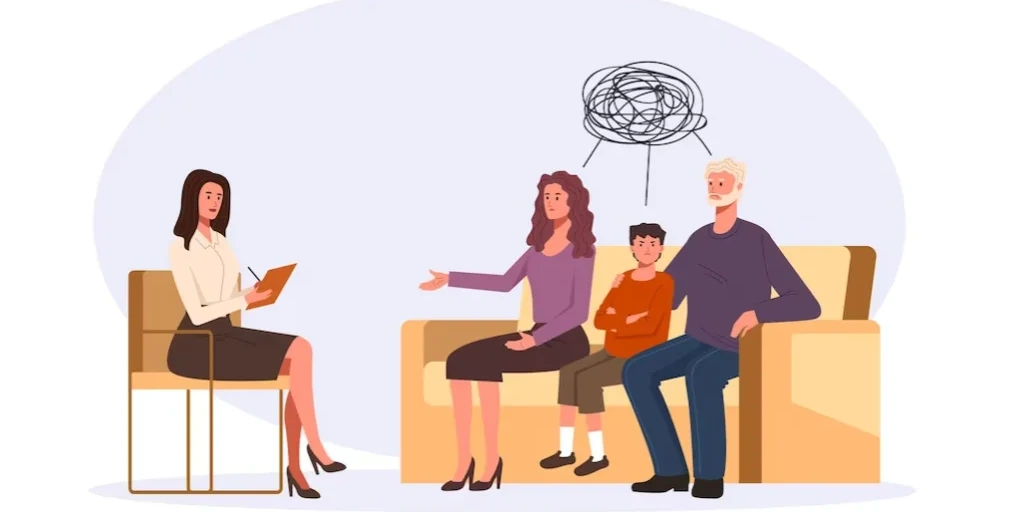24/7 Helpline:
(866) 899-221924/7 Helpline:
(866) 899-2219
Learn more about PTSD Treatment centers in Ocoee
PTSD Treatment in Other Cities

Other Insurance Options

Humana

Choice Care Network

Amerigroup

BlueCross

Molina Healthcare

Absolute Total Care

Evernorth

BlueShield

Health Choice

Aetna

Optima

Health Partners

UnitedHealth Group

AllWell

Oxford

Sutter

GEHA

EmblemHealth

Horizon Healthcare Service

Magellan Health

Total Freedom Program
Total Freedom Program is a private rehab located in Ocoee, Florida. Total Freedom Program specialize...










